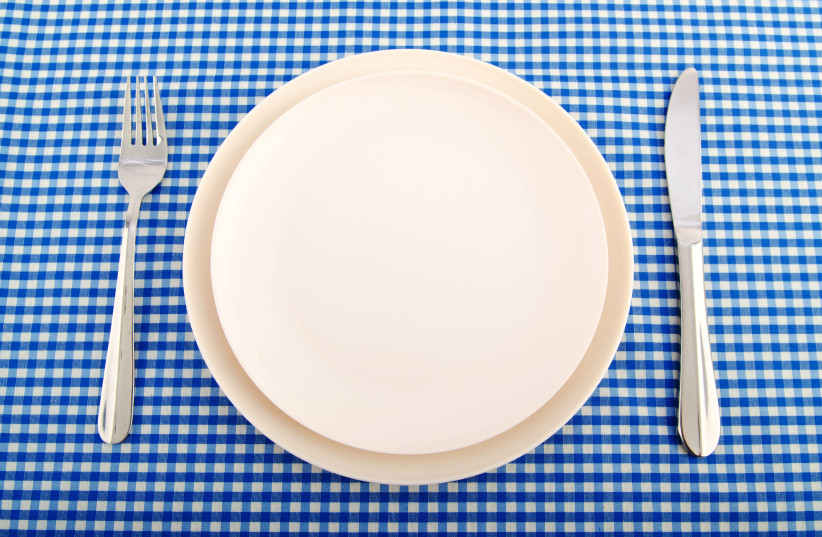Intermittent fasting – one of the most popular diets – might actually raise the risk of early death.
A study of 24,000 Americans over the age of 40 discovered that people who ate just a single meal each day as opposed to three meals were 30% more likely to die from any reason within 15 years.
Intermittent fasting, which means eating within a limited window of time or just skipping meals, became one of the hottest diet trends in the early 2010s. Celebrities like Kourtney Kardashian, Jennifer Aniston and Mark Wahlberg all claimed that it helped them shed a lot of pounds.
Ironically, one of the main benefits touted by the diet's adherents, as well as studies, is longevity and a reduced risk of catching several different diseases.
But in a recent study, skipping breakfast was linked with a higher chance of dying from heart disease while skipping lunch increased overall odds of general mortality.
These results remained even if people were exercising, eating healthily and not smoking or drinking alcohol, the researchers claimed.
How can intermittent fasting lead to an early death?
The researchers further state that people who adhere to an intermittent fasting diet usually eat a relatively large amount of food at once – something that, over time, could end up damaging the body.
Having said that, the researchers warn that it's too early to say for sure if intermittent fasting plays a role in dying young since lifestyle choices and other genetic factors can't yet be ruled out.
The study, conducted by researchers from the University of Tennessee, concluded that the key to a long life is eating three meals a day.
However, eating these meals too close together was also linked to an increased likelihood of dying early.
Just like their theory about intermittent fasting, the researchers think that eating too much food too quickly puts a metabolic strain on the body.
"At a time when intermittent fasting is widely touted as a solution for weight loss, metabolic health and disease prevention, our study is important for the large segment of American adults who eat fewer than three meals each day," according to lead author Prof. Yangbo Sun.
"Our research revealed that individuals eating only one meal a day are more likely to die than those who had more daily meals."
"Our research revealed that individuals eating only one meal a day are more likely to die than those who had more daily meals."
Prof. Yangbo Sun
In the study, which was published in the Journal of the Academy of Nutrition and Diabetics, the researchers analyzed data from 24,011 people over the age of 40 from across the US who had participated in a survey conducted between 1999 and 2014, which asked them questions about nutrition, health, diseases and behavior every two years.
Forty percent of the participants ate less than three meals a day on average.
These responses were taken alongside medical records. In total, 4,175 of the participants died by the end of the study, including 878 who died due to heart problems.
Compared to participants who ate three meals a day, eating just one meal a day was linked to 30% increased likelihood of dying from any cause and 83% increase in the risk of dying from heart disease.
Skipping breakfast had a 40% increased likelihood of dying from heart disease, though there was no difference in all-cause mortality.
Too much energy
Having said that, people who missed lunch or dinner were 12%-16% more likely to die from any cause.
People who ate three meals a day but with less than four and a half hours on average between at least two of them had a 17% higher chance of death from any reason.
"Our findings are based on observations drawn from public data and do not imply causality. Nonetheless, what we observed makes metabolic sense," said senior author Dr. Wei Bao.
The researchers explained that skipping meals usually means eating a lot of energy all at once, which can exacerbate the burden of regulating glucose metabolism, leading to subsequent metabolic deterioration.
This could also explain the link between shorter intervals between meals and mortality, because a shorter time, as less time between means would mean more energy in a smaller period of time.

